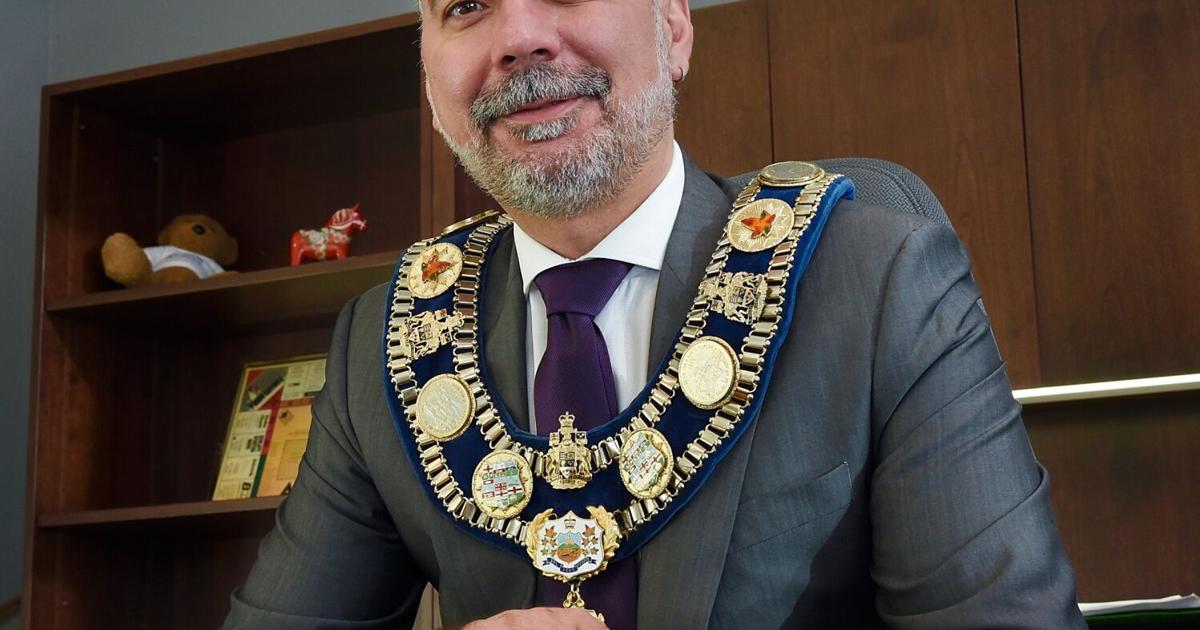Northern Light
Superstar
I am not aware of any treatment option that can be imposed short of the individual meeting the criteria under the Mental Health Act
- Paul
Perhaps we need to review the grounds for committal:
C and F would seem to me to apply to the majority of persons whom you are describing.
****
Source: https://www.ontario.ca/laws/statute/90m07#BK13
I would argue this empowers either a police officer or a Justice of the Peace to take the steps to detain someone for involuntary psychiatric treatment.
****
On to the matter of holding such a patient, if necessary:
I think there is ample room under The Act, to take reasonable action as required.
The issue has been the guiding philosophy in mental healthcare, the shortage of mental healthcare beds, the shortage of step down mental healthcare (outside a hospital/clinical setting, but with supervision /assistance as required), and, in some cases, the Capacity and Consent board has been both appointed and trained in such a fashion as to interpret the basis for involuntary care very narrowly.
Keeping in mind that we all agree that institutionalization has been over-done in the past, and we don't want people who experience a brief episode of moderate distress, or who are willing and able through therapy or medication to function outside of confinement to find themselves committed for months or years.........
I think its really a matter of sending the institutions involved both the money and the direction that a slightly more assertive interpretation of the Act is required, particularly where someone who has been discharged has failed to follow a plan of care.
Should that be insufficient, The Act can be amended to provide clearer direction on this point.
But I would rather leave the decision in the hands of physicians and under the watchful eye of a third party charged with restraining abuse of power; than have government dictate the details of care. I just think the system needs the resources and a healthy nudge.
Last edited:





